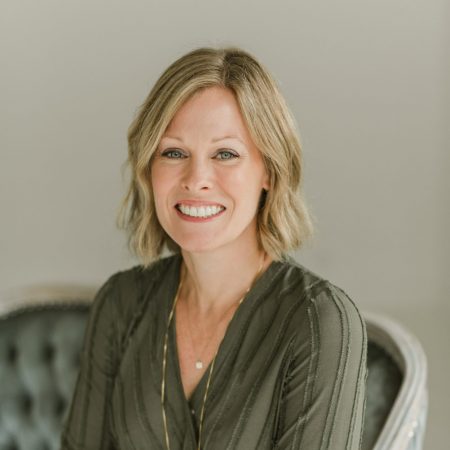
It’s so easy to blame people and circumstances for everything that goes wrong in your life, isn’t it? You’re running late; your alarm didn’t go off. You have an argument with a friend; it was her fault. You eat a pint of ice cream; it was because you had a bad day. You get let go at work; your boss was terrible. Your marriage is in a negative cycle; they need to change, not you.
Brene Brown explains that blame has an inverse relationship with accountability. It literally gets us off the hook. Makes us feel better. Gives us a sense of control. But it has destructive consequences.
Blame is an example of defensiveness, one of the communication killers, a form of self-protection that places us in a one-up stance (righteousness) or one-down (playing the victim). This leads to a lack of empathy and understanding in relationships and makes it hard to listen and understand the other person.
Learn to accept responsibility, stop using blame as a scapegoat, lower your defenses, and begin to realize the starring role you play in your life.
It’s up to you to have successful, rewarding relationships.
It is up to you to learn from your mistakes.
It’s up to you to practice self-awareness.
It’s up to you to hold yourself accountable.
It is up to you to make wise choices.
And it is up to you to apologize and make amends when wrong.
Notice if you use words like “never” and “always” when talking to others. Notice if you start your sentences with “you” rather than “I.” If you catch yourself doing this, that’s ok- the first step in change is to notice. Just give yourself a redo and try a different approach.
When we’re blaming, we are coming from this mentality of, “You’re wrong and I’m right.” It involves putting yourself on a pedestal and making yourself appear all perfect and good, then condemning the other person and making them appear imperfect, flawed, and wrong. Or it comes from a place of putting yourself in a victim stance, acting as if life is happening to you without you having any control of it.
You are responsible for your thoughts, feelings, actions, and reactions to what life throws at you. If you’re in a conflict with someone, practice finding something to take ownership of. Take responsibility. Back to the examples above: have a backup alarm, own a part of the conflict pie, recognize there are positive coping mechanisms for a bad day, not just turning to a less healthy one like ice cream, see how you can improve as an employee in your next job, and broaden your perspective with respect to your marriage because a marriage doesn’t fail solely because of one person’s fault alone.
When we’re flooded, think fight or flight mode when you feel threatened, it’s impossible to be rational and your best self. After all, a part of your brain literally shuts down. Hit pause, take a break, and calm down before you choose how to respond. This is necessary in order to get some perspective on the situation. When we’re emotional or “hot” in the moment, our natural instinct is going to be to shift blame and responsibility. Look at things from another angle. Take a look at yourself. Picture the other person involved as their best self, rather than worst. Assume the best intentions. Responding rather than reacting in the moment is one of the wisest things you can do for yourself.
If you’re really taking ownership and responsibility for your life, this shouldn’t be impossible to do. Do not make excuses to get out of apologizing. Be humble and vulnerable and say it. If you mess up, fess up. The Gottman Institute even goes so far as to say that repair (apologizing and making amends) is the secret weapon of emotionally connected couples. Every relationship, whether romantic or platonic, personal or professional, will have seasons of harmony and disharmony. The act of repair is what will keep you healthy. If you could have done something differently, say so. Then, watch your relationships blossom in a way you didn’t think possible.

Kristi Schwegman is a psychotherapist specializing in helping couples develop healthy relationships, whether dating, engaged, or married. She also draws from her Christian-based approach to lead individuals in becoming aware of the limiting beliefs that can get them stuck.
We offer in-person and virtual services – contact us today to learn more!